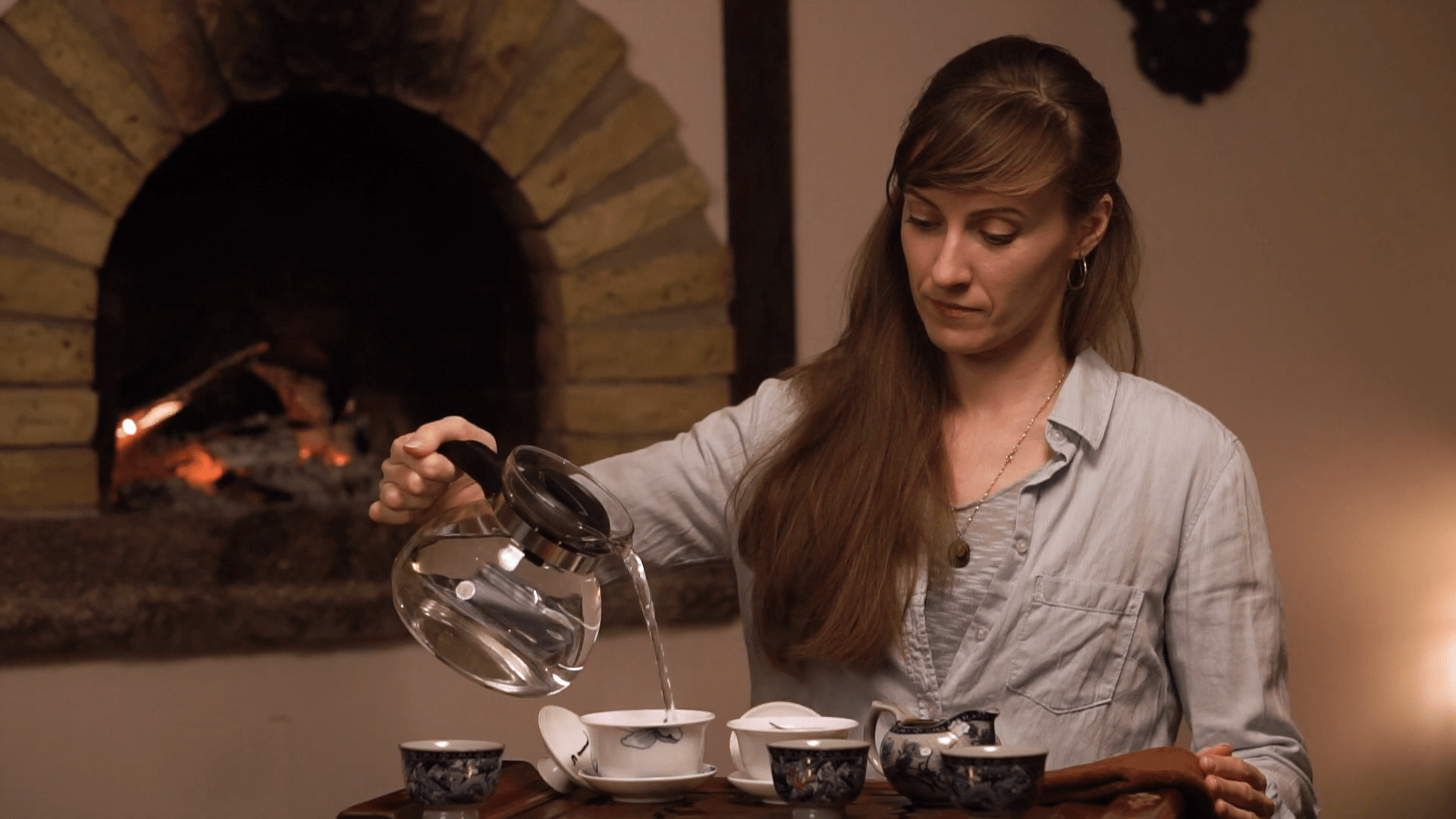T
G
TEAGONG
mastery of tea
Tea is not just a drink. It can be a space that we create for ourselves – a space of relaxation, rest and a moment stopped in time. For me it is a time, when i let myself enjoy something of high quality, a possibility to experience the best – in this case, the best tea. I see tea ceremony as uniting minimalism and quality. And that refreshes and enriches me.

Tea tasting is a two-three hours activity, during which you participate in a traditional Chinese tea ceremony, taste different teas and can learn a lot about them. It is a wonderful pastime, a way to relax and spend some time in a world of Chinese culture and tea.
Several times a month I organize high quality tea tastings for those, who want to try really good teas, have interesting conversations in good company, and just have a quality time and relaxation for several hours.
Tea tasting events

Next event:
No Results Found
The page you requested could not be found. Try refining your search, or use the navigation above to locate the post.
Articles
My goal is to provide you with good quality and clear information about Chinese tea, break the myths and help you understand the world of teas. All the articles are sorted into five main topics, so you can easily find the needed information. We have new articles every week.
Recent
Chinese tea – what is it? (And why it might be interesting to you)
What is Chinese tea? Why do we have so many tea lovers in the world, and why so many people are interested specifically in Chinese tea? Why should...
Categories
About me
I was interested in tea since I was a child, and I started working with it when I was 17 years old (in 2003), when I started to work in teahouse „Arbatos Magija“. Tea culture and Chinese culture fascinated me and tea became a very big part of my life. I was first interested in the fact that through tea I could get to know different people, because tea is not a drink of one particular class of people and it doesn‘t belong to a particular subculture (although you could argue that it has become a subculture of it‘s own). A lot of people love tea, and everyone gives it a different meaning. For me tea became not only a favourite drink but also a door to communicating with people.


I am very grateful to my tea teachers – Ramūnas Daugelavičius, later – Armandas Burba, who generously shared their knowledge and helped me to grow. To Ieva Rutė, who introduced us to China, travelled with us and still helps to find high quality teas. To Giedrius and Leonas Šapoka, who not only help to find good teas, but also bring interesting information and stories from their travels. And I am immensely grateful to my clients and guests who constantly motivate me to develop and be creative, not only in the world of tea but also in communication.
Frequently asked questions
Which tea is best for digestion?
According to Chinese people, all Camellia Sinensis teas help digestion, but mostly Chinese recommend oolong or dark puerh tea. Dark or black (shou) puerh – if it is of good quality – has less tannins and less astringency, so most people find it soothing for the stomach and best for aiding digestion.
Does tea have negative effects?
Tea is a very healthy drink, but of course it should not be abused. Tea has a lot of active components, and caffeine is probably one of the best known. If you drink too much strong tea, you can really feel the negative effects. Usually it is recommended to not drink more than 750ml – 1 liter of tea a day, or to use not more than 8-12 grams of tea leaves a day.
Which sorts of tea are caffeine-free?
If we talk about teas, that are made from tea tree (Camellia Sinensis), all sorts of tea have caffeine: white, green, yellow, oolong, black and puerh. But usually the darker the tea, the more caffeine gets released into the hot water, so usually white tea tends to be the lightest and black tea or black puerh – the strongest. But have in mind, that even white tea has a small amount of caffeine.
Can tea help lose weight?
Tea has catechins, that, studies show, can help to lose fat in those that are involved in some sort of exercise. Tea also can aid digestion and help liver functioning. So tea can help, but it can not substitute a balanced diet or exercise.
How many times can you infuse tea?
You can infuse tea as many times as you want, as long as it is still warm. If you infuse it in a big tea pot (5-10 grams as usual) and your infusions are longer (lets say, for several minutes), you will get maximum 2-3 good tasting infusions. If you are doing Chinese gongfucha (tea ceremony), good quality tea can give you up to 10-12 infusions, or sometimes even more. If the tea leaves are cold (especially if they are from yesterdays tea) it is not recommended to infuse them again.

